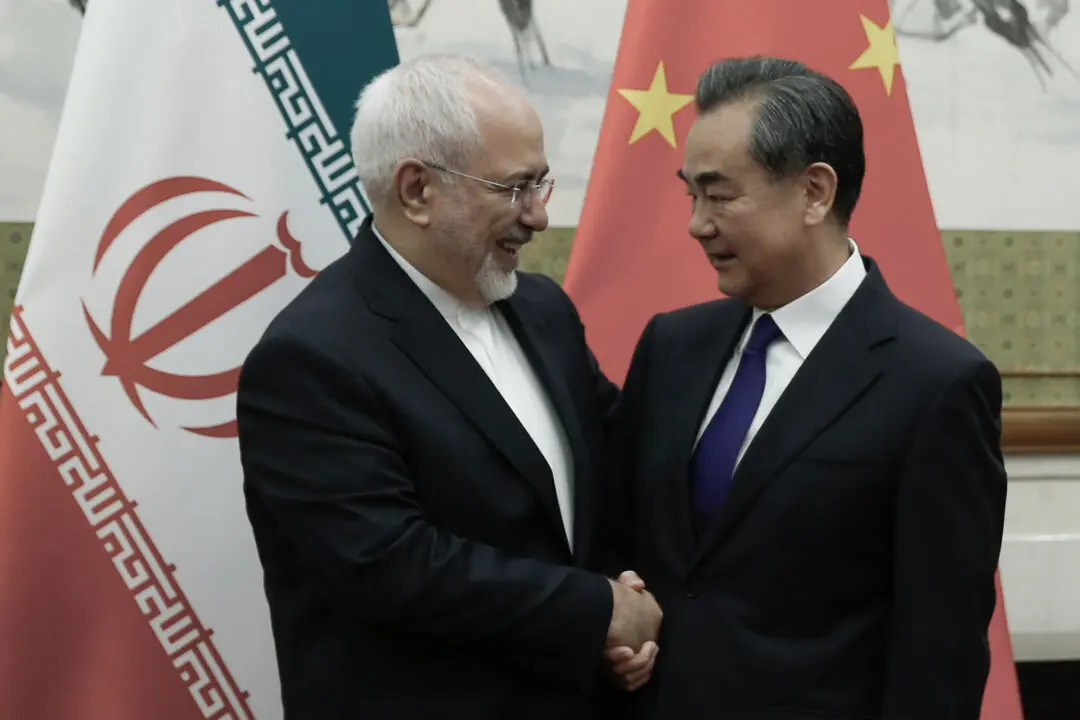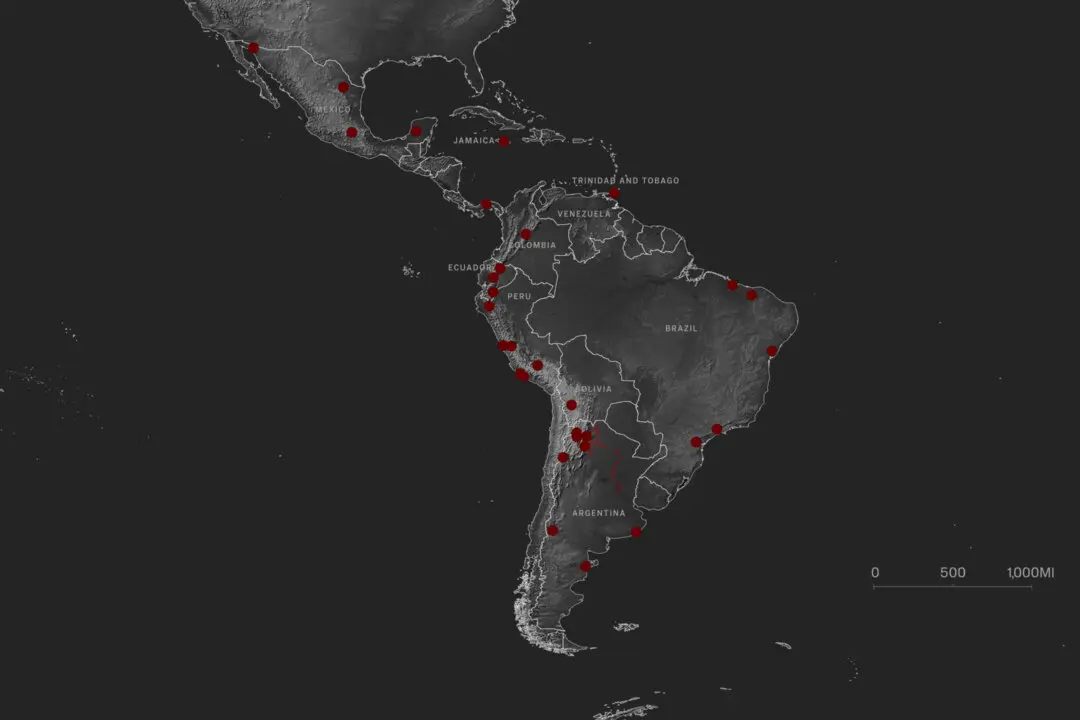Dr. Anthony Fauci said he’s unable to commit to stopping federal funding from going to Chinese scientific research, even as the U.S. intelligence community assesses the Chinese regime as America’s top adversary.
Fauci, the head of the National Institute of Allergy and Infectious Diseases (NIAID), made the remarks on June 16 during an exchange with Sen. Roger Marshall (R-Kan.) while appearing virtually at a Senate Health, Education, Labor & Pensions Committee hearing.





